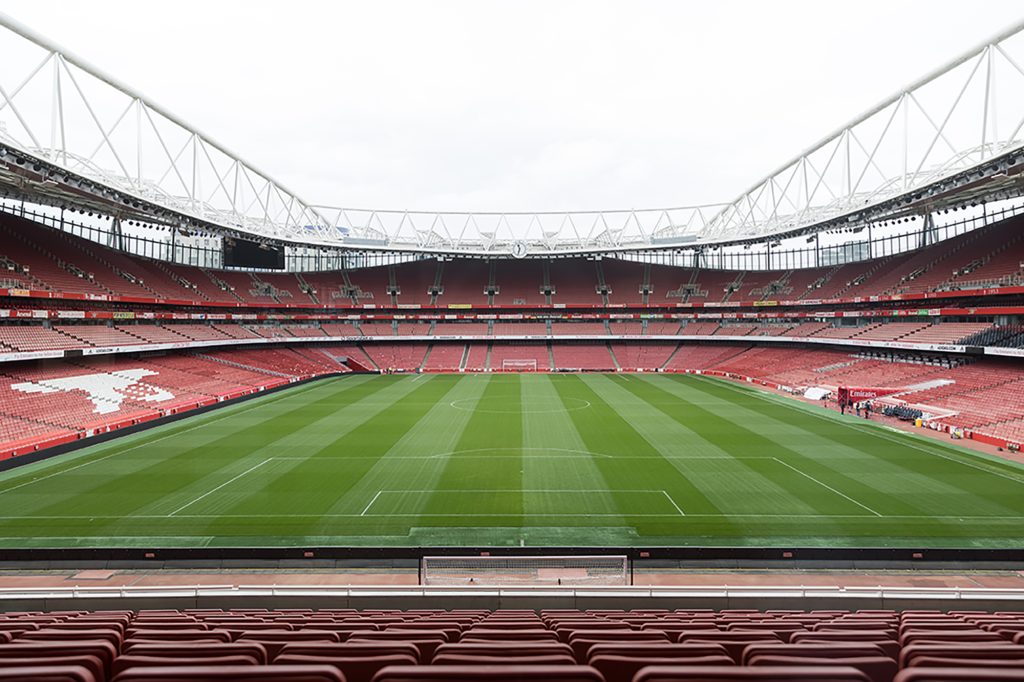Round table round up – The dilemma of delivering digital sponsorship
July 19, 2022
Arsenal’s Emirates Stadium was probably as fitting a place as any to host an iSportConnect community round table on the untapped digital sponsorship opportunities in sport.
While InCrowd, a company that specialises in driving ROI through data powered digital experiences, set the agenda and the pace of the conversation, it was senior figures from the commercial teams of a group of leading Premier League and Premiership Rugby clubs that offered their insight into some of the issues facing the industry.
The discussion in the room was fast-paced with clubs being honest about the issues they are facing in terms of packaging and delivering digital sponsorship rights. One club believed that the “commercial, marketing and digital teams need to be better aligned,” during the sales process. One sales executive highlighted that this can present a dilemma because “it’s not always possible to involve those delivering as a very low proportion of deals are converted. It’s often just an extra hassle.”
The bundling of digital rights was another hot topic of discussion. Digital rights are becoming increasingly important for clubs, and working out their true value was proving difficult. A tool that could reliably work out the value of digital rights is something that the room was very keen to see because “current valuation tools are far from perfect.”
The clubs generally agreed that digital rights are perceived by sales teams to have a low delivery cost and perceived value compared to the more traditional sponsorship assets such as front of shirt branding or LED boards.This can lead to a temptation from a sales perspective to add these rights to a proposal with less consideration given to the cost or time to deliver.
Despite owning their own social media channels, the ability of rights owners to reach their audience through them was limited. “Organic social reach isn’t good because you struggle to reach more than 10 per cent of your audience unless you put some of your budget into paying the social media companies such as Twitter and Facebook.” As discussed in the room, TikTok is a bit different. Social media’s newest giant’s specific algorithms mean you do reach a lot more of your audience. One club in the room also raised the point of needing to “deliver partner content that goes beyond your fan base to be truly successful.”
The overwhelming consensus was that any partnership with a brand should start with understanding exactly what the brand is looking to achieve. One participant went further suggesting that “the biggest opportunity for clubs today is to embrace joint KPIs for their sponsorships as it shows that you are up for the challenge”.
The fact that a club’s IP will be valued differently by different categories of brand was also an important topic of conversation. The example given in the room was how differently a major consumer brand like Apple would value a club’s IP compared to a new betting brand that would be looking to build credibility and trust.
Archie Woodhead, co-founder and director of InCrowd, said: “This round table surfaced the challenges sales teams face when they need support from the delivery teams during a sponsorship sales process across multiple sectors – it causes frustration for both sales and delivery.
“For InCrowd, insights like this are essential to inform our product development so that we can support improving processes like this without organisations having to grow their teams.”
If you would like to find out more about iSportConnect community round tables or what was discussed at this round table and the insights shared in this article, then please contact the iSportConnect Advisory team on info@isportconnect.com.



